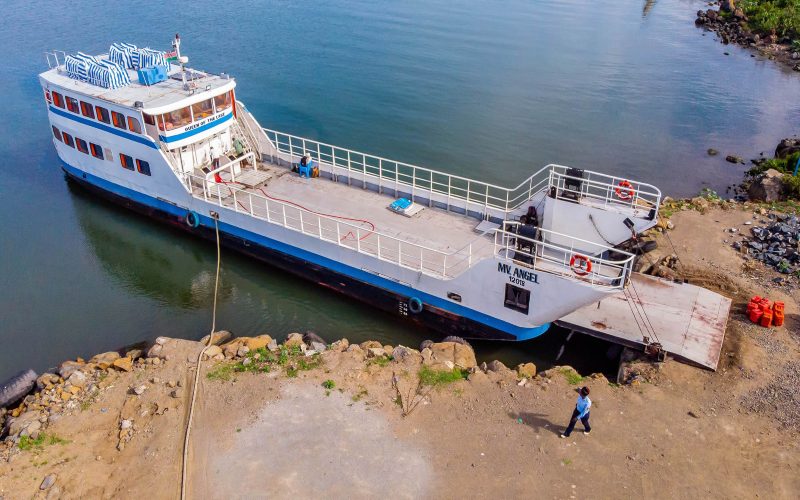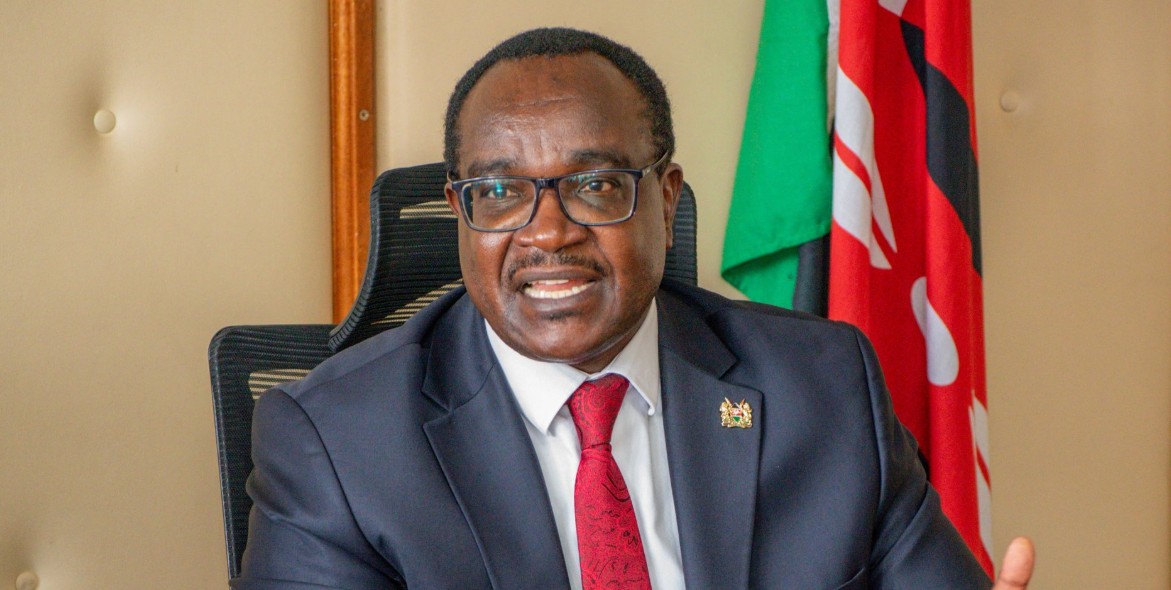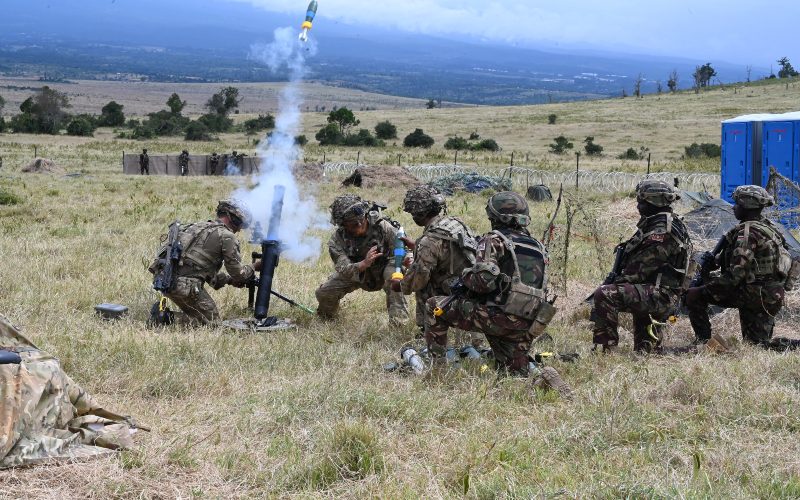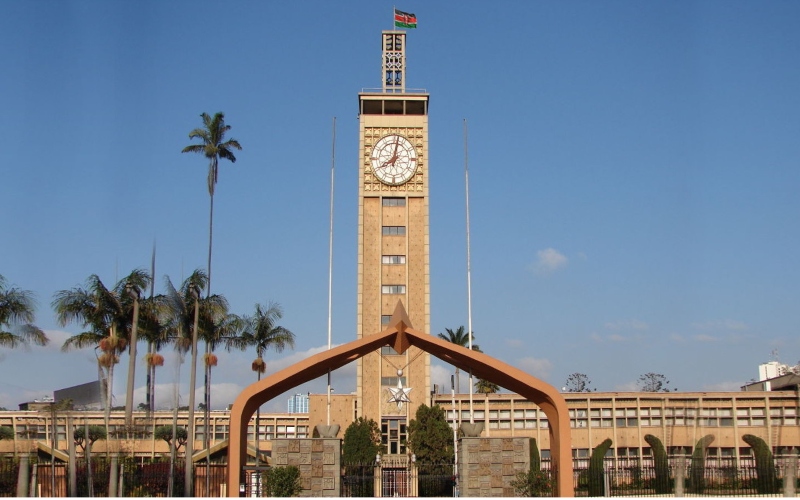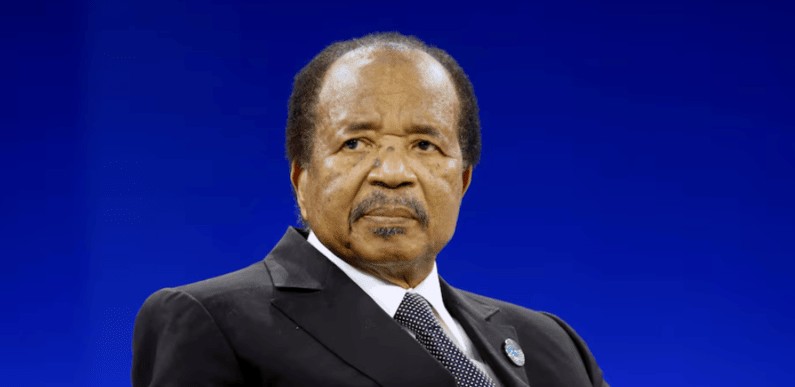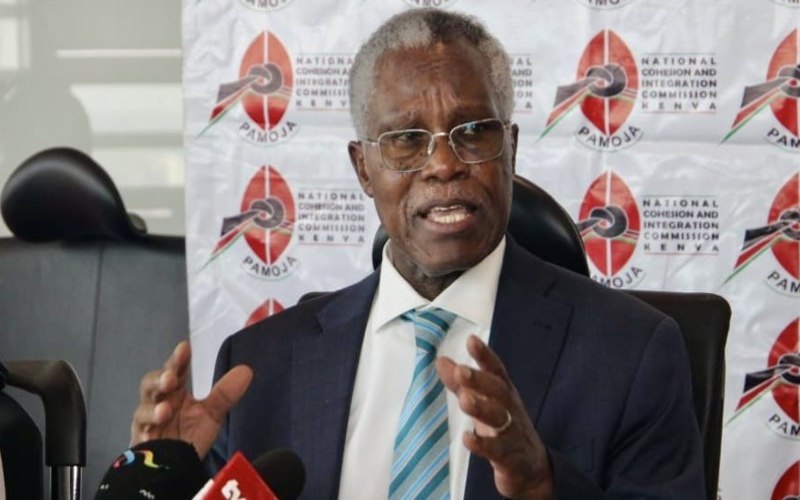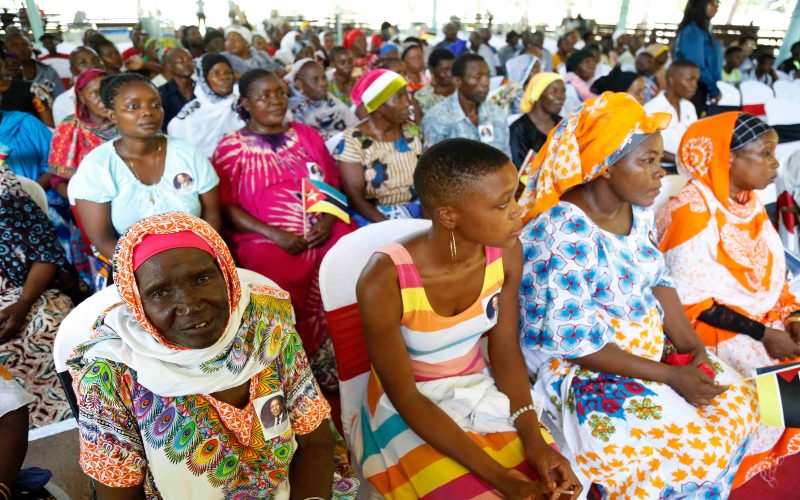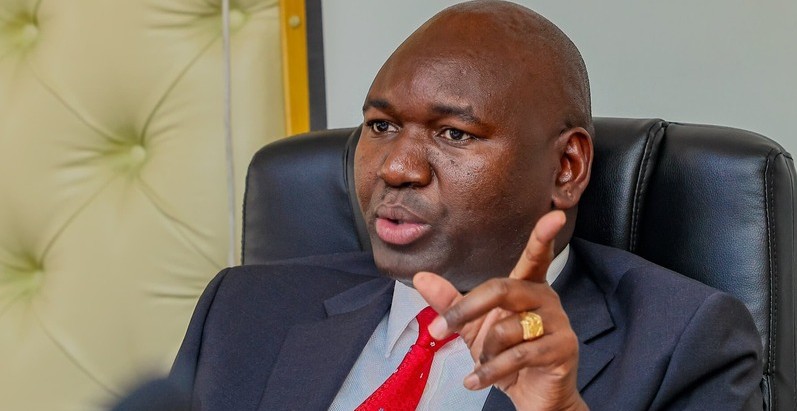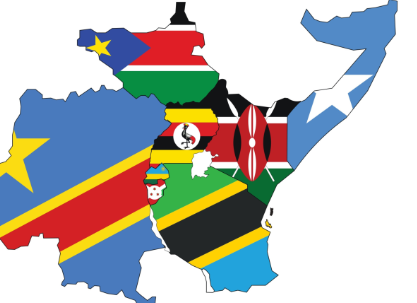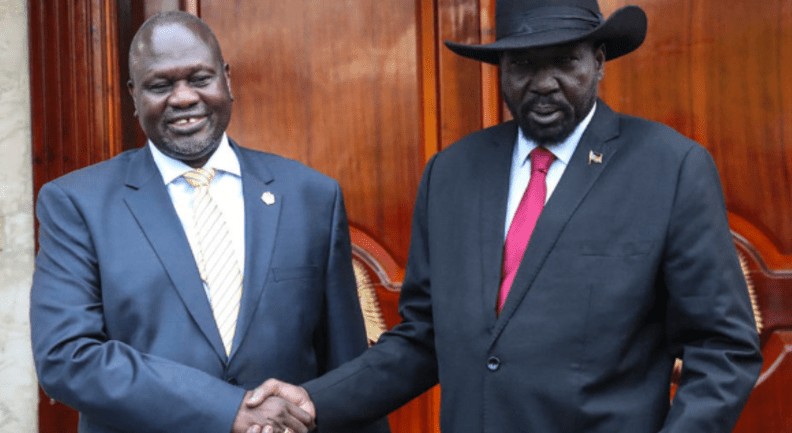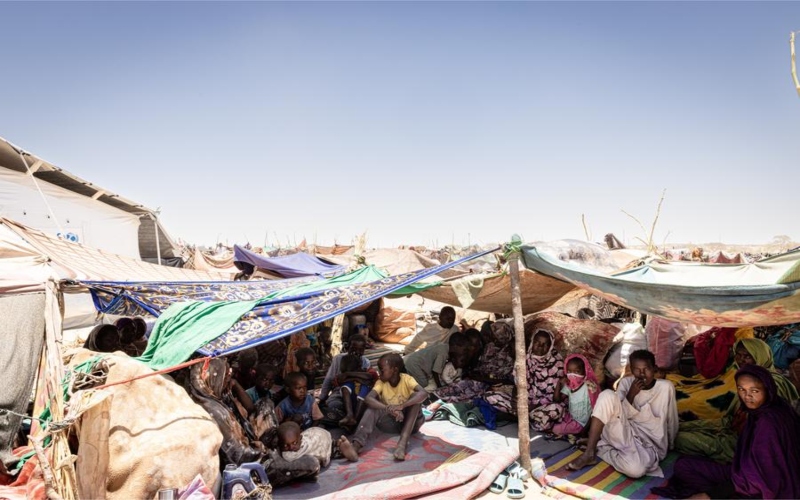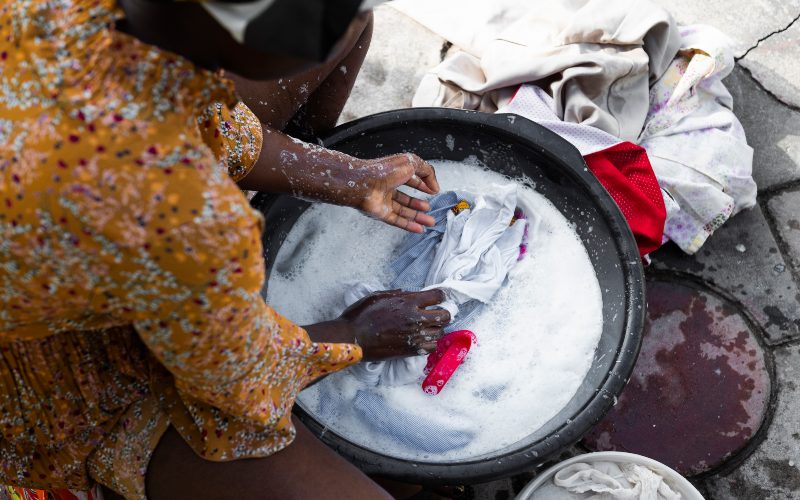Ruto urges UN Security Council to renew Kenya-led Haiti security mission
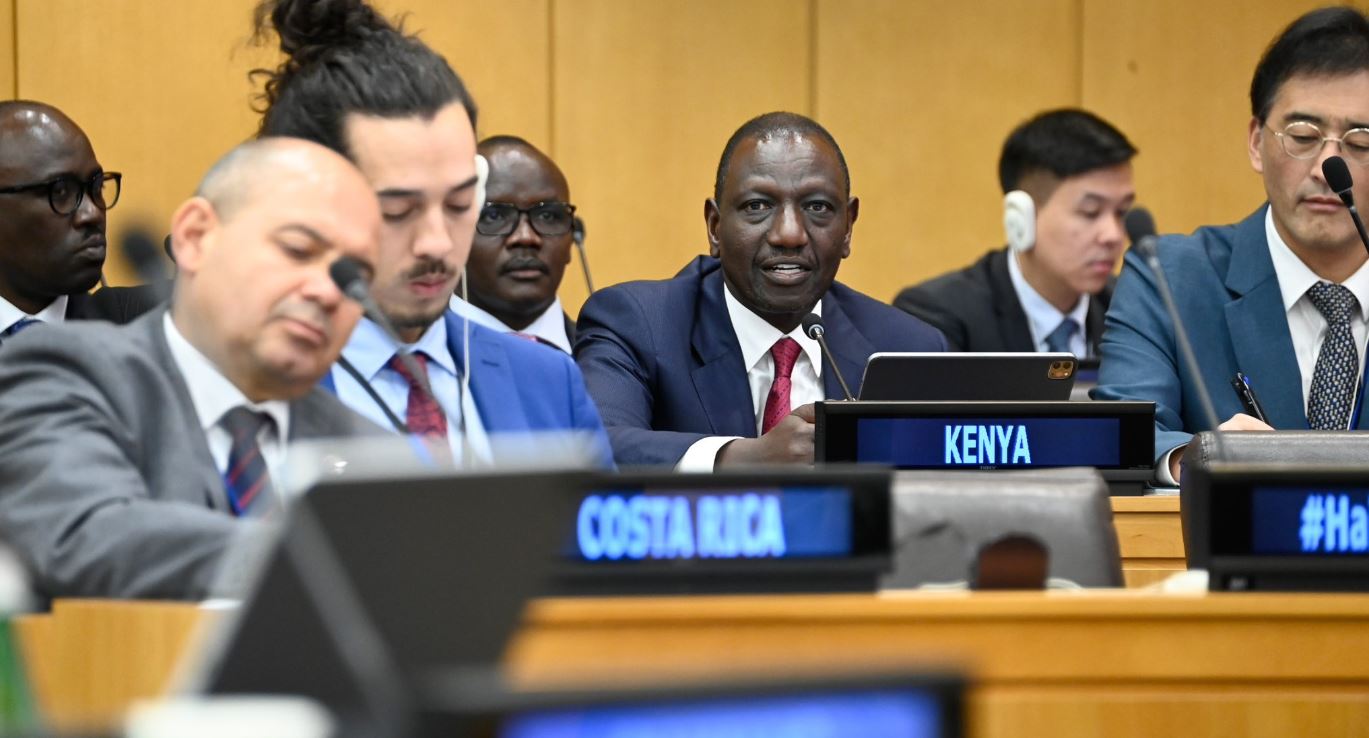
He emphasised that the mission, which has led to significant improvements in Haiti, must continue to receive the necessary backing to sustain its progress.
Kenya has urged the United Nations Security Council to renew the mandate of the Multinational Security Support Mission in Haiti, led by Kenyan police, and to adopt innovative strategies for securing additional resources to support the mission.
Speaking at the Leader-Level Meeting of the Economic and Social Council Ad Hoc Advisory Group on Haiti at the United Nations Headquarters in New York, Kenyan President William Ruto called on the international community to step up its assistance.
More To Read
- Green light for Gang Suppression Force tells Haitians ‘they are not alone’, Security Council hears
- Gang Suppression Force denies reports of Kenyan police deaths in Haiti
- Haiti is under a UN arms embargo: So why are 500,000 illegal weapons in circulation?
- Security Council renews Haiti sanctions
- 5.7 million people face food insecurity in Haiti
- ‘Unprecedented’ number of children on the run in Haiti
He emphasised that the mission, which has led to significant improvements in Haiti, must continue to receive the necessary backing to sustain its progress. The mission's mandate is set to expire next month.
"The international community must intensify its support for the mission, which has yielded significant positive outcomes—reviving economic activity and instilling hope in Haiti," Ruto said during the meeting.
The group, mandated to provide advice on the long-term development strategy for Haiti, focuses on promoting the country's socioeconomic recovery.
On his way back to New York, President Ruto made a detour to Haiti on Saturday, where he met with Kenyan police officers currently deployed as part of the peace enforcement mission.
Ruto's visit aimed to rally global leaders to maintain their support, which has been waning.
 President William Ruto greets members of the Kenya Police after he arrived in Haiti to review security assistance at the Toussaint Louverture International Airport, in Port-au-Prince, Haiti, September 21, 2024. (Photo: PCS)
President William Ruto greets members of the Kenya Police after he arrived in Haiti to review security assistance at the Toussaint Louverture International Airport, in Port-au-Prince, Haiti, September 21, 2024. (Photo: PCS)
There has been a noticeable decline in international enthusiasm for resource mobilisation, as seen in the dwindling contributions to the UN's funding efforts.
The United States, the mission's primary backer, has been leading efforts to secure additional funding and personnel to bolster the force.
Washington is covering KSh 54.4 billion (US$380 million) of the KSh 86 billion (US$600 million) total needed, with Canada contributing nearly KSh 8.4 billion (US$60 million).
However, this still leaves a KSh 22.4 billion (US$160 million) shortfall that must be addressed before additional forces can assist the Kenyan police.
The mission is not an official UN peacekeeping operation, meaning it relies on voluntary contributions rather than being funded through the UN's regular budget.
This has made it more difficult to secure the necessary resources, as some UN member states have been reluctant to contribute.
Kenyan police officers deployed in Haiti have raised concerns about a lack of equipment and delayed wages, further complicating the mission's ability to operate effectively.
Haiti has been engulfed in violence for years, with armed groups—often linked to political and business leaders—fighting for control of territory and influence.
As of August, more than 578,000 Haitians had been internally displaced, largely due to the ongoing violence, according to data from the International Organisation for Migration (IOM).
Kenya's call to the UN comes at a critical time, as the situation in Haiti remains dire and the mission's future hinges on renewed international support and innovative funding mechanisms.
Without it, the progress made so far could be at risk.
Top Stories Today

